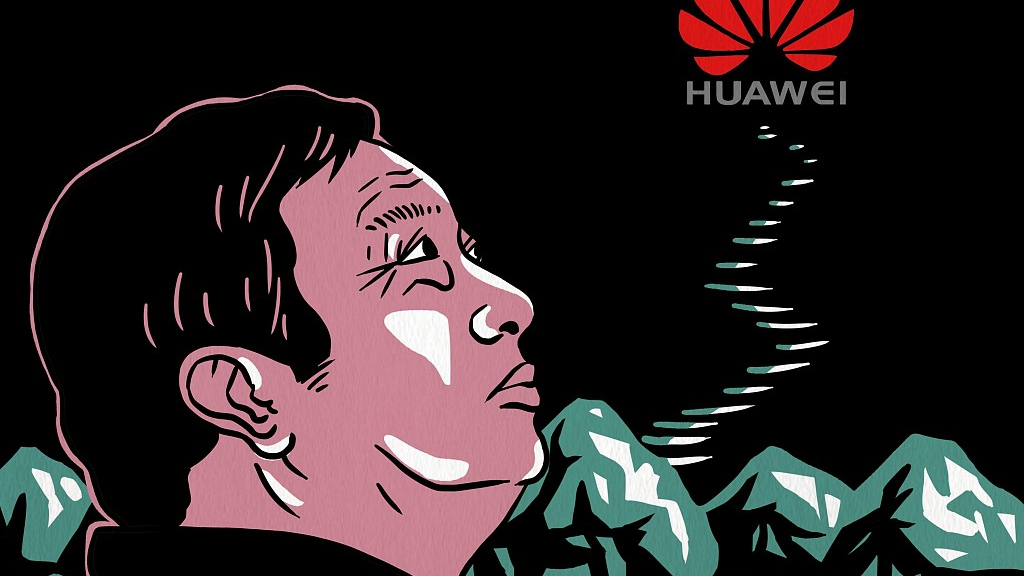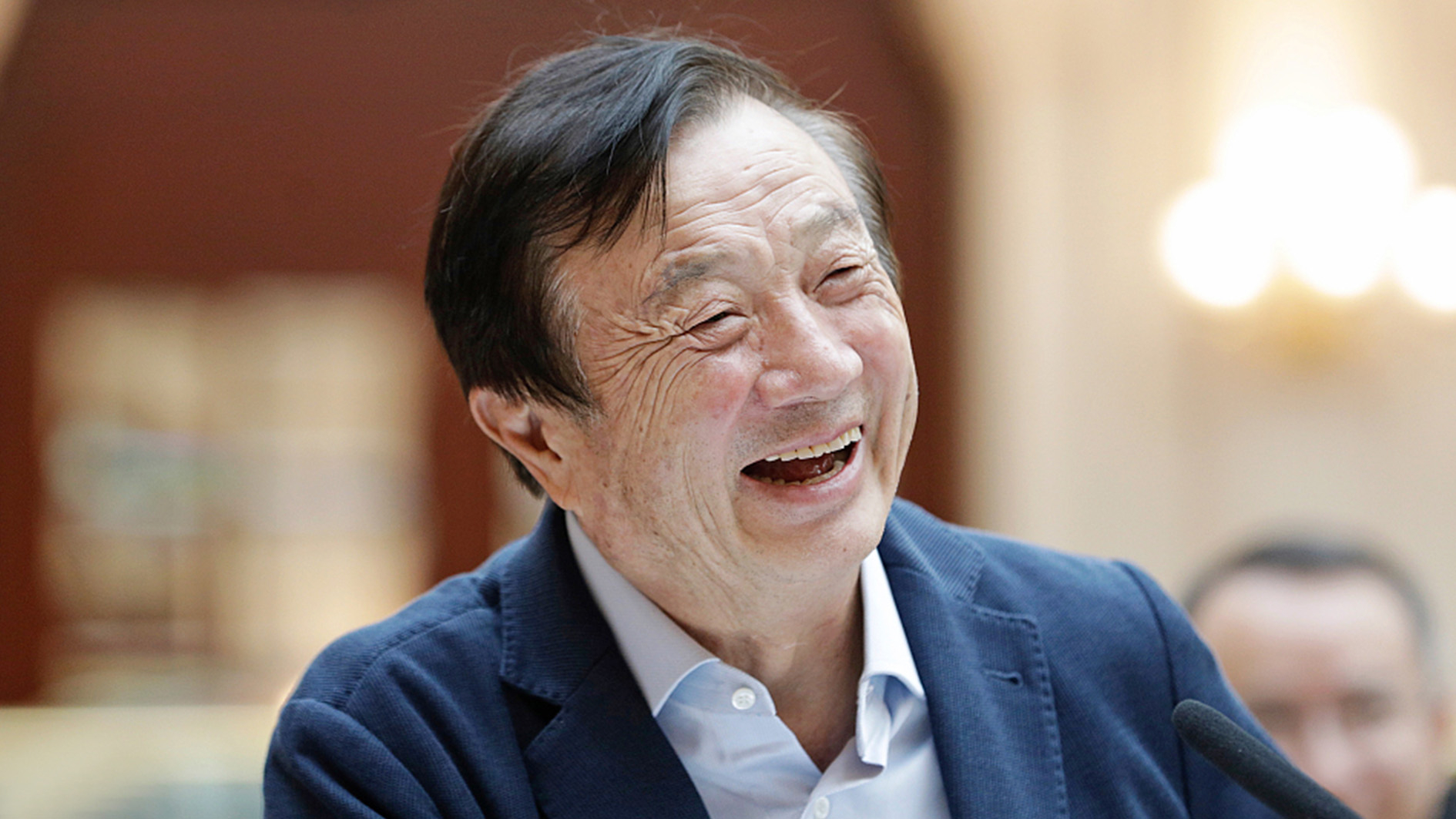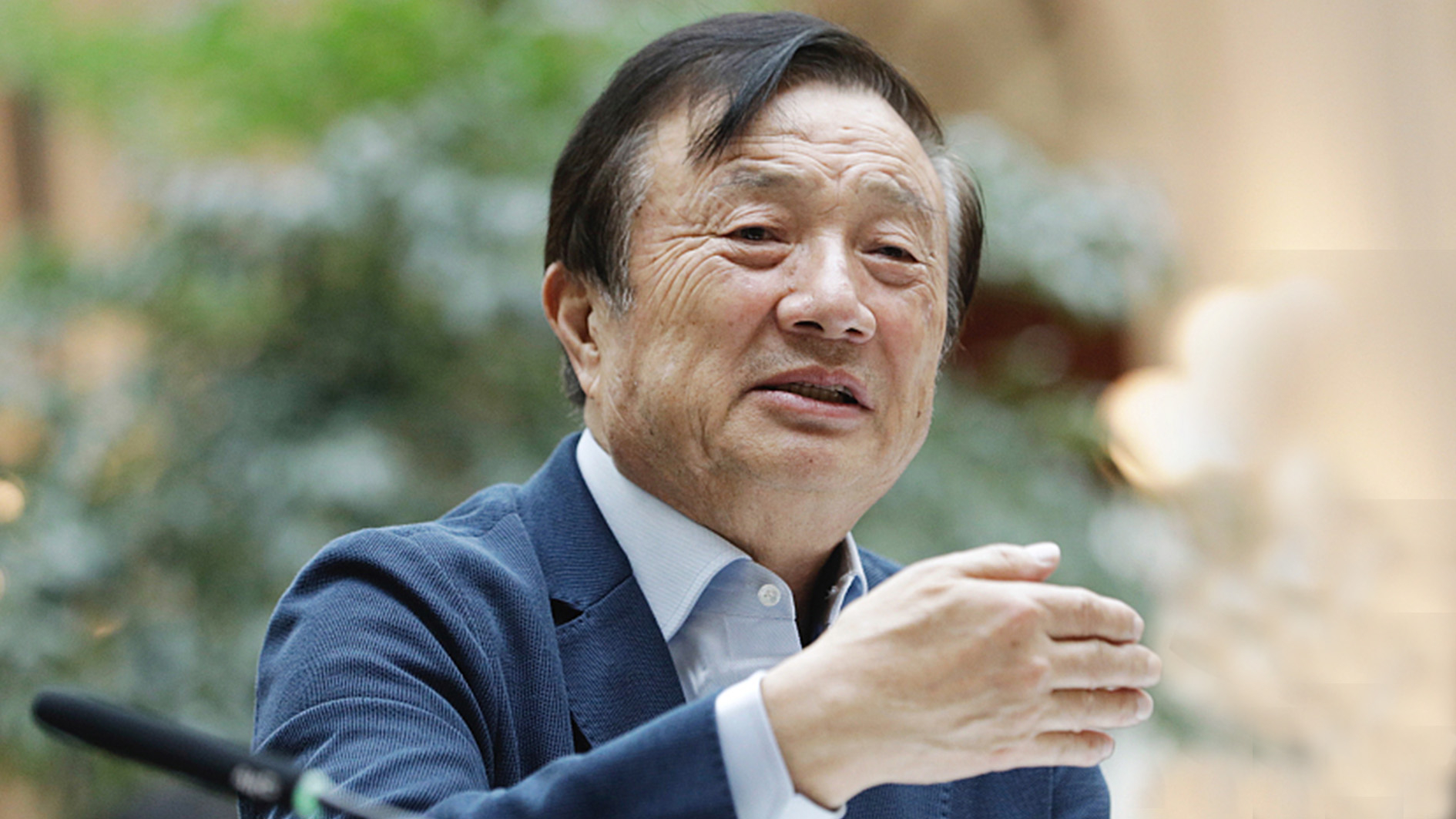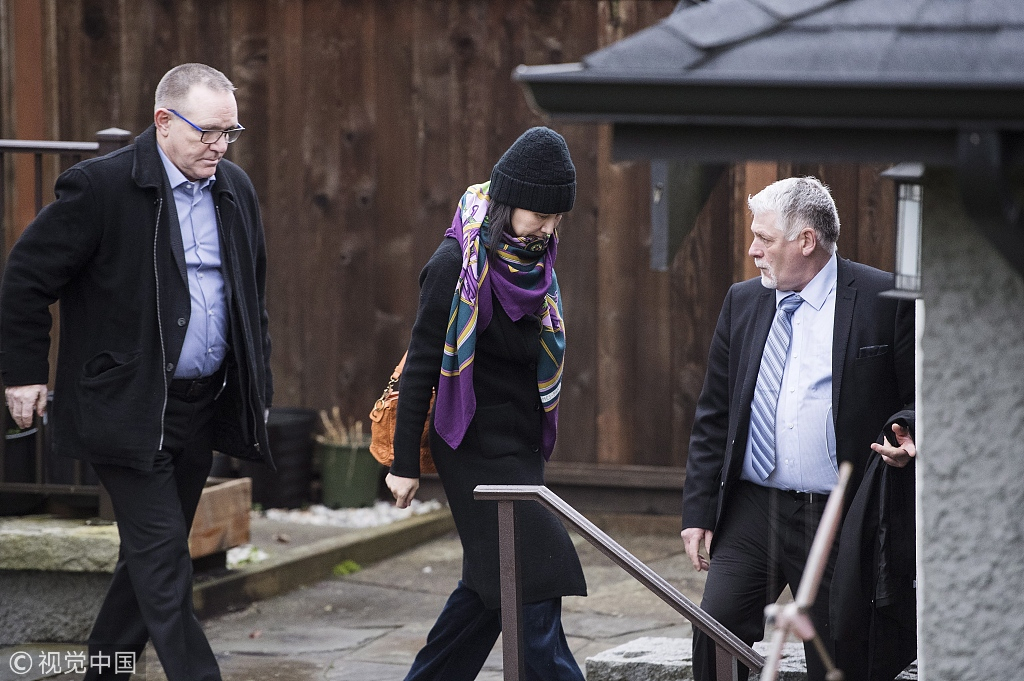
Opinions
14:57, 19-Jan-2019
Opinion: Huawei CEO's luck and misfortune
Updated
16:01, 19-Jan-2019
Kong Qingjiang

Editor's Note: Kong Qingjiang is the dean of the School of International Law under China University of Political Science and Law. The article reflects the author's opinion, and not necessarily the views of CGTN.
Ren Zhengfei, founder and CEO of Huawei, unexpectedly accepted interviews with international and Chinese media on January 15 and 17. It's a rare act for a somewhat reclusive man who has usually kept a low profile and shied away from the spotlight. He reportedly declined to accept a special honor as being listed among the 100 people for their impressive contributions to China's reform and opening-up in the last four decades.
However, Ren's low profile hasn't prevented the U.S. and its closest allies from viewing Huawei as an intruder in the field of telecoms technology, which has even escalated into efforts to demonize the company.
Although Huawei has long rejected espionage accusations from Western countries, a series of events, including the arrest of Meng Wanzhou, Huawei's CFO and Ren's daughter, in the Canadian city of Vancouver, and the 5G ban imposed on the company in several countries have put intensified pressure on this 74-year-old entrepreneur to speak up for his family and company.
01:11

During the rare interviews, Ren denied any link between espionage and Huawei, proclaiming that Huawei has never and will never spy for the Chinese government. “I personally would never harm the interest of my customers, and me and my company would not answer to such request,” Ren said to the press as if he were swearing an oath before the bench, thus casting a shade of solemnness over his interview.
Ren, who was a former People's Liberation Army (PLA) officer, also denied the “close connection” between his personal political beliefs and the company's business. “Huawei firmly stands on the side of customers when it comes to cyber security and privacy,” Ren said, emphasizing that the importance of user privacy and cybersecurity is in line with the company's strategy to make credibility its top priority.
01:26

This isn't the first time that Ren has made statements on cyber security and privacy protection. On January 2, soon after the outburst of news about Meng Wanzhou's arrest, Ren Zhengfei in a letter reminded all his employees of the mission of the company: “making credible high-quality products.” Huawei has clearly held cyber security and privacy protection as the company's highest aim.
Ren is fortunate. Growing up with the country's reform and opening-up, along with economic globalization, his company has risen to be one of the largest telecom equipment and service companies in the world and one of China's most influential tech giants.
Ren is also unfortunate. With the prevailing "China threat theory" that comes along with the rise of China, being a Chinese telecom company itself may be a target of security concerns.

Huawei chief financial officer Meng Wanzhou, center, leaves her home with security guards in Vancouver, December 12, 2018. /VCG Photo.
Huawei chief financial officer Meng Wanzhou, center, leaves her home with security guards in Vancouver, December 12, 2018. /VCG Photo.
In the interviews, he also projected that Huawei's revenue would continue growing from over 100 billion U.S. dollars in 2018 to 125 billion U.S. dollars in 2019. “If they don't want Huawei to be in some markets, we can scale down a bit, as long as we can survive and feed our employees,” said Ren.
Nevertheless, a person as sophisticated as Ren Zhengfei must know that his interviews cannot stop Huawei's external environment from worsening, and there is no better way to solve the problem than make his company stronger, and continue to speak with strength and facts.
(If you want to contribute and have specific expertise, please contact us at opinions@cgtn.com.)

SITEMAP
Copyright © 2018 CGTN. Beijing ICP prepared NO.16065310-3
Copyright © 2018 CGTN. Beijing ICP prepared NO.16065310-3